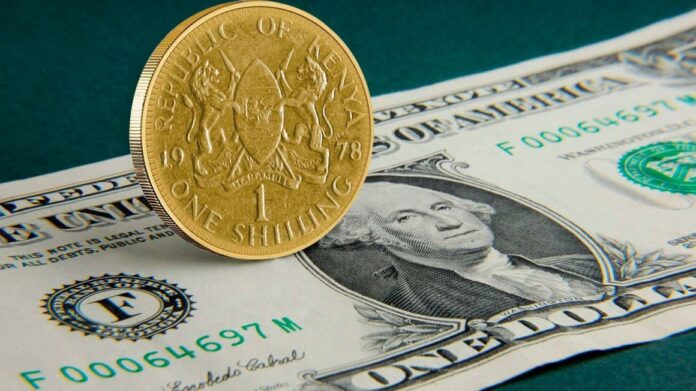Kenyan commercial banks are running out of dollars on some days following a shortage of the US currency, making it difficult for manufacturers and general goods importers to meet their obligations.
The Central Bank of Kenya (CBK) has directed commercial banks to ration dollars following a shortage of the currency and the race to protect reserves.
A number of currency traders and importers say banks have imposed a daily cap on dollar purchases of as little as $5,000 as firms struggle to obtain adequate forex to meet their supply needs.
This has forced industrialists to start seeking dollars daily and from several lenders for their monthly hard currency needs as the shortage puts a strain on supplier relations and the ability to negotiate favourable prices in spot markets.
Having banks, including the top tier lenders, run out of the greenback suggests an escalation of the currency woes that started mid-last year with lenders rationing scarce dollars.
“We are now scavenging for dollars. Only half of every six banks we call daily for dollars will have something for us. Three of the banks will ask us to check later,” said a top executive of a manufacturing firm who sought anonymity for fear of reprisals from the CBK.
“What is available at banks is between $5,000 and $10,000. One will be fortunate to get $20,000 and extremely lucky to get $50,000 from a single bank. This is crazy for a business that requires $1 million monthly for supplies and we are getting each dollar at Ksh137,” he added.
Importers say they cannot access the dollar at the official buy rate of Ksh127.39, forcing them to buy at a rate of Ksh137 or higher.
Top firms have started trading in dollars among themselves, with hotels and aviation firms attracting interest from those in need of hard currency.
This is creating a parallel shadowy market, which is in breach of the law and has the potential to trigger a range of economic problems including discouraging foreign direct investment, encouraging rent-seeking and reducing the interbank FX market.
Multiple bankers admitted the caps on dollar purchases but declined to go on record fearing retaliation from the CBK.
Industrialists say the lack of access to adequate hard currency is negatively affecting their ability to settle obligations to overseas suppliers in a timely manner.
The industrialists’ lobby said the dollar crunch has strained relations with suppliers at a time competition for raw materials has intensified globally due to rising demand amid lingering supply chain constraints.
The shortage is the product of rising dollar demand being driven by increased shipments of raw materials and equipment in the wake of the recovering economy.
There was no immediate comment from the CBK on the shortage of dollars.
But the regulator has repeatedly maintained that Kenya has sufficient foreign currency to meet demand, brushing off manufacturers who continue to warn about the shortage of dollars.
Importers reckon that the scarcity of dollars is worsening despite earlier comments from the banking lobby that it was temporary due to strong demand from companies remitting dividends and manufacturers importing components.
“Banks would previously dispense $10,000 in a single visit and this ration has come down to $5,000,” said an executive at a top international logistics firm.
“When you have an appetite of $250,000 but can only get $5,000 at a time, how many trips is one going to make to meet the order? It stops making sense at some point.”
The executives say some Kenyan firms have started sourcing dollars from neighbouring countries, especially Tanzania.
Analysts have blamed the CBK for the dollar crisis, saying the regulator introduced tough rules on the foreign exchange interbank market, crippling market operations.
Through the interbank forex market, banks are able to trade hard currency among each other and at rates which determine the official or spot rate.




